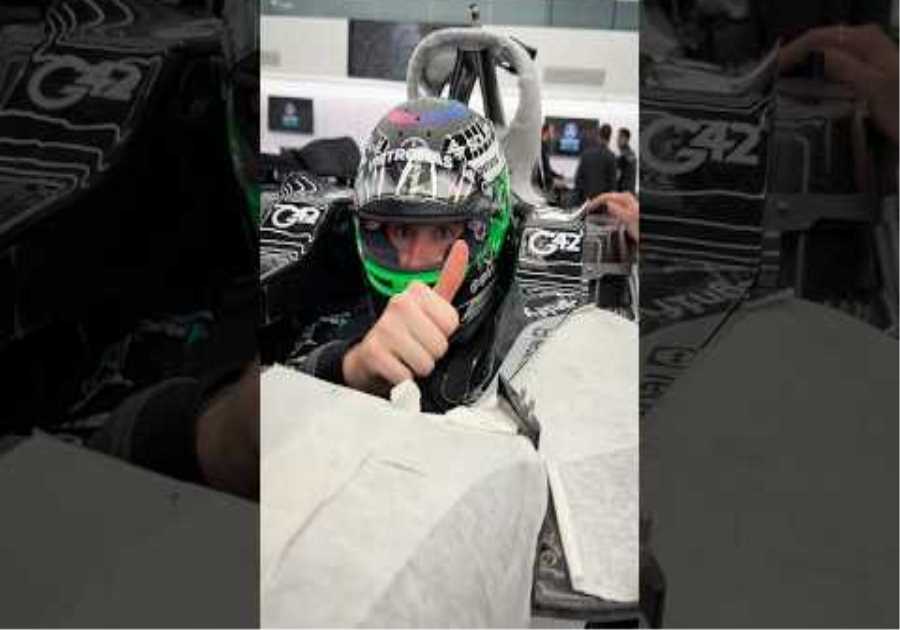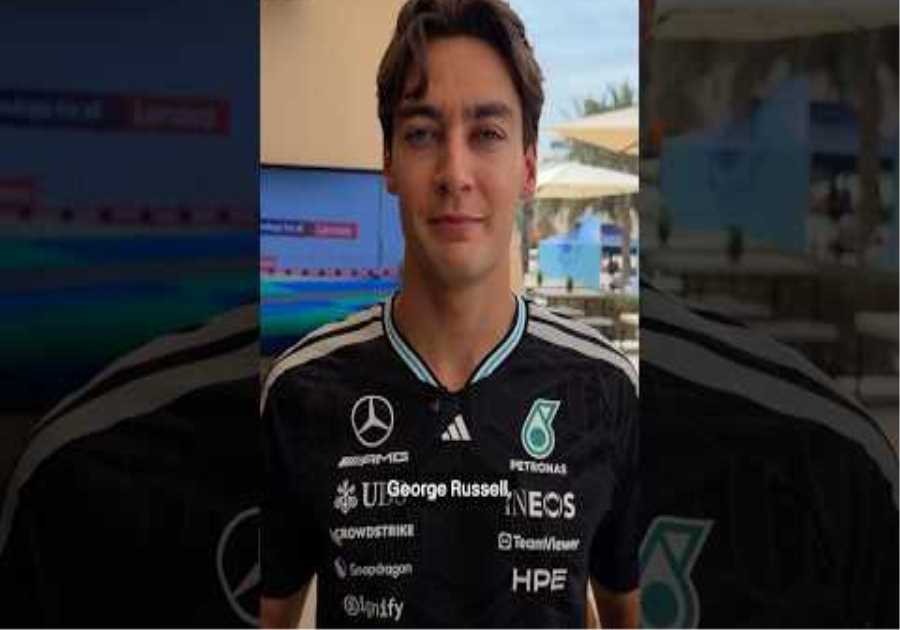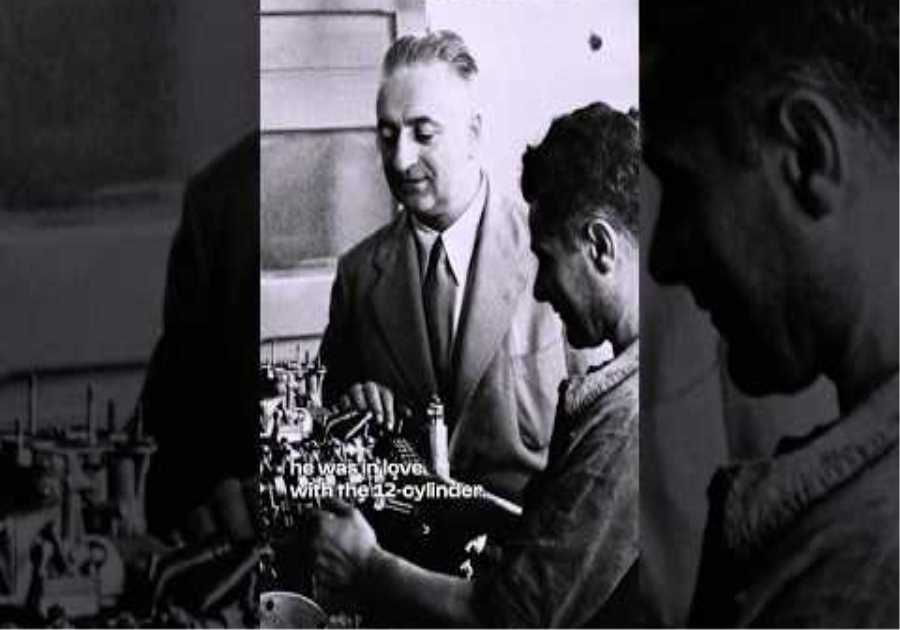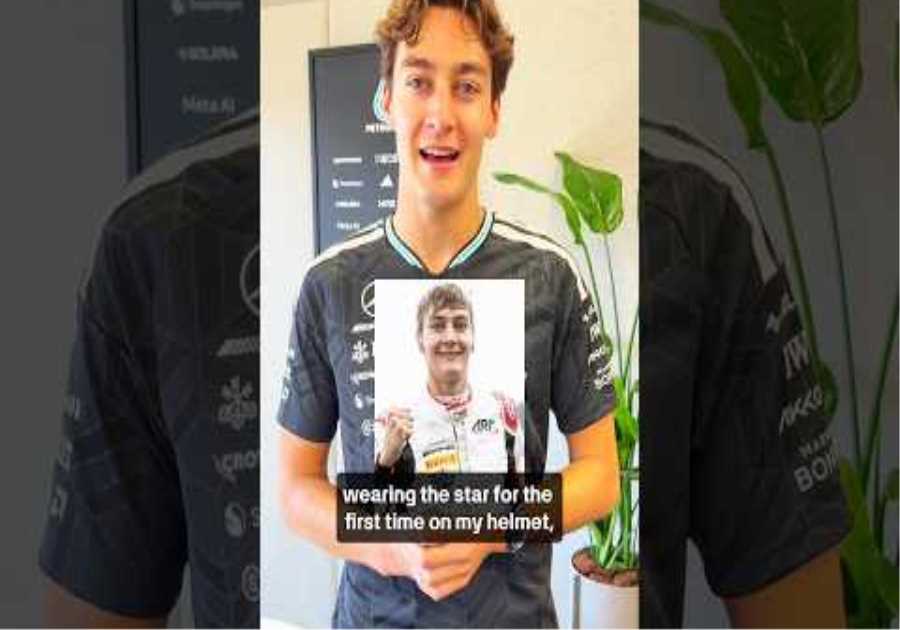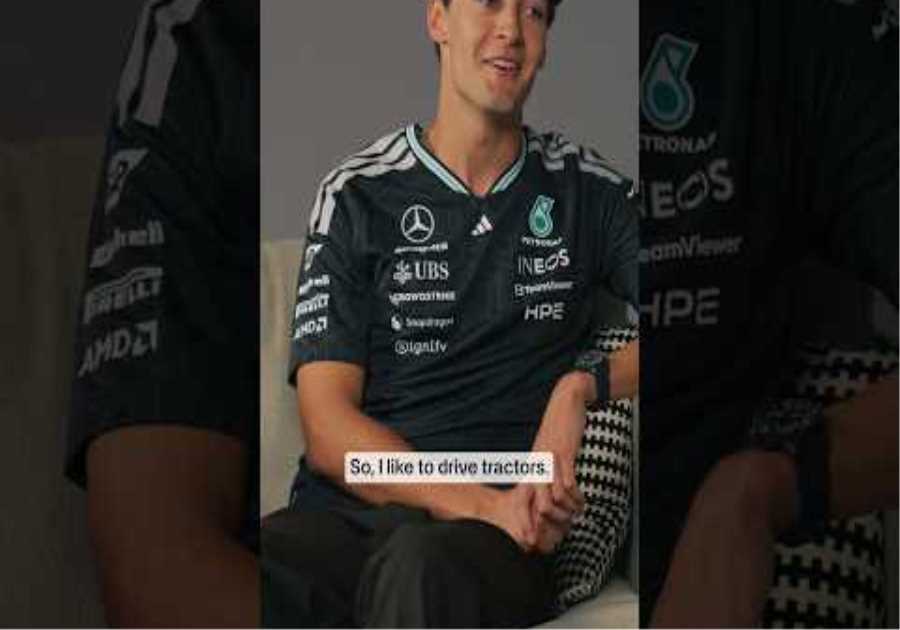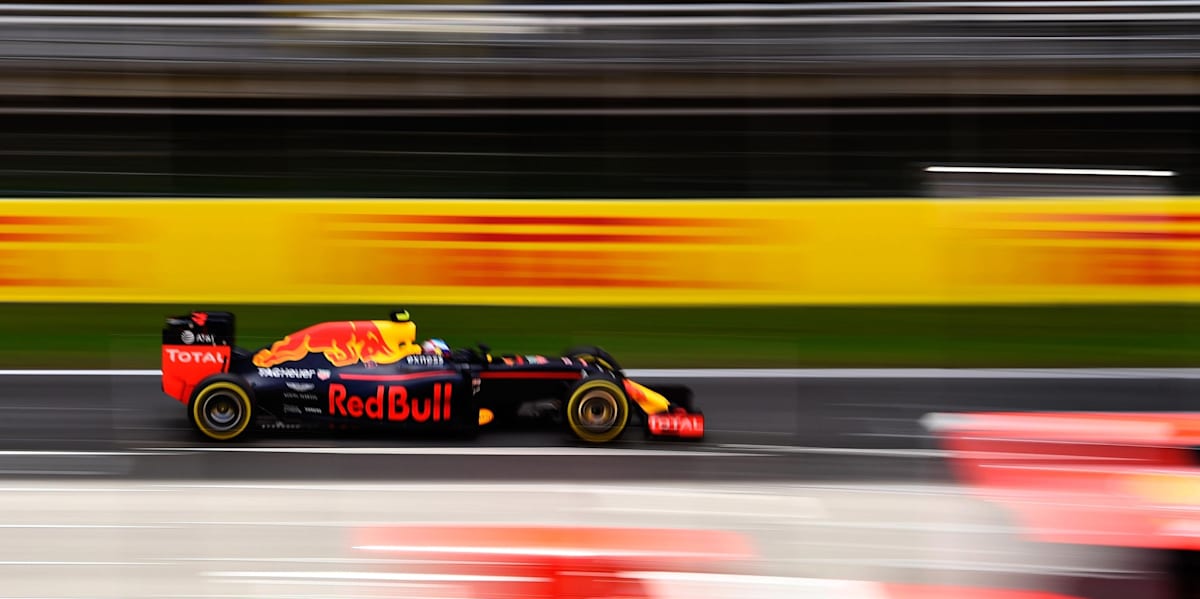
It was just his 24th Formula One race and his first for Red Bull Racing when Max Verstappen made history and became F1’s youngest ever winner, race leader and podium finisher aged just 18 years and 227 days old.
Since then, Verstappen has become an F1 veteran, starting more than 100 races by the tender age of 22 and continuing to break records along the way.
So what better time to take a look at some of F1’s quickest, fastest, youngest and shortest records? Blink and you’ll miss them!
Fastest pit stop – Aston Martin Red Bull Racing, 2019 Brazilian Grand Prix
1.82 seconds. That’s all it took for Aston Martin Red Bull Racing to swap all four wheels of Max Verstappen’s RB15 in Interlagos last season, breaking a record the team already owned. The previous record was an almost equally impossible time of 1.88 seconds, but Aston Martin Red Bull Racing really raised the bar in Brazil, setting a standard we can imagine other teams battling to even match for years to come.
Carrying out pitstops that are out of this world has become a bit of a specialty of Aston Martin Red Bull Racing. Along with five pitstop speed records in 2019 alone, the team literally took to the skies for a pitstop in zero gravity, changing all four tires on a thoroughbred Red Bull Racing F1 car thousands of meters above the earth. Check out that video below:
2 mins
Zero-G pit stop
Find out what happened when the mechanics tried to do a pit stop at zero gravity on a cosmonaut training plane.
Be sure to download the free Red Bull TV app and catch the latest F1 action on all your devices! Get the app here
Fastest ever lap – Juan Pablo Montoya, 2004 Italian Grand Prix
The record: 262,242kph (162,950mph)
In 2004, Formula One cars reached their peak of performance, smashing lap record after lap record throughout the season. During qualifying at that year’s Italian Grand Prix, Juan Pablo Montoya set the fastest lap in Formula One history, a record that still stands today.
The Colombian lapped Monza in his Williams FW36 with an incredible average speed of 262.242kph (162.950mph) during the first part of qualifying. But despite setting the record, Montoya couldn’t match his time later in the session and qualified second for the race behind Rubens Barrichello.
Montoya setting F1’s fastest ever lap
© Mark Thompson/Getty Images
Quickest career fine – Sebastian Vettel, 2006 Turkish Grand Prix
Sebastian Vettel has broken just about every record in Formula One, from Youngest World Champion to the most consecutive wins, but there’s one record he won’t be shouting about.
During his first F1 appearance at the 2006 Turkish Grand Prix, Vettel drove out of the garage, sped into the pit lane and was penalized just six seconds into his F1 career.
Youngest winner – Max Verstappen, 2016 Spanish Grand Prix
The record: 18 years and 227 days old
Max Verstappen began breaking records the very moment he made it into F1 with Toro Rosso. At 17 years and 166 days old, the Dutchman became F1’s youngest ever driver on his debut in Australia and then took the record for F1’s youngest ever points scorer at the very next race in Malaysia.
Fast forward just 24 races and on his debut for Red Bull Racing in Spain, Verstappen became the Netherlands’ first ever F1 winner, the youngest driver to lead a race, the youngest driver to score a podium finish and, of course, the youngest driver to win a race, taking the record away from Sebastian Vettel who joined the Dutchman on the podium that day.
Closest gap in qualifying – 1997 European Grand Prix
The record: 0.000 seconds between first and third
The title finale of the 1997 F1 season was already a tantalizing affair when Schumacher and Jacques Villeneuve went into the final round at Jerez separated by just one point. However, an extraordinary qualifying session ahead of the race made things even more exciting.
Villeneuve set a qualifying time of 1m 21.072s to grab provisional pole position, then, minutes later, Schumacher set an identical time. Even more unbelievable was that Villenueve’s team-mate Heinz Harald Frentzen then crossed the line to post exactly the same time as the two title contenders. Three cars, three identical times measured to one thousandth of a second.
Fastest race – 2003 Italian Grand Prix
The record: Average speed of 247.585kph (153.842mph)
No surprises to hear that the fastest ever Formula One race was held at Monza. The 2003 Italian Grand Prix was won by Michael sSchumacherwith an average speed of 247.585kph (153.842mph) in just 1 hour 14 minutes and 19.838 seconds, also making it the shortest ever F1 race that wasn’t affected by red flags.
Michael Schumacher wins F1’s fastest ever race
©Ferrari
Highest top speed – Juan Pablo Montoya, 2005 Italian Grand Prix
The record: 372.6kph (231.523mph)
A year after setting F1’s fastest lap ever, Juan Pablo Montoya returned to Monza to set another all-time record during the Italian Grand Prix weekend, hitting a top speed of 372.6kph (231.523mph), the fastest ever recorded in Formula One.
Smallest winning margin – 1971 Italian Grand Prix
The record: Top three separated by 0.09 seconds
There have been some incredible finishes in Formula One, but nothing quite compares to the finish of the 1971 Italian Grand Prix, which saw five cars slipstream each other to the finish line.
Peter Getin took the win from Ronny Peterson by just 0.01 seconds, while Francois Cevert was a mere 0.09 seconds from victory. Mike Hailwood was 0.18 seconds back in fourth and Howden Ganleywho finished only 0.61 seconds behind, made it the closest top five finish in history.
The finish to the 1971 Italian Grand Prix
© Popper photo
Shortest career – Marco Apicella, 1993 Italian Grand Prix
The record: 800 meters (2,600ft)
Many Formula One drivers have competed in just a single Grand Prix, but none were shorter than Marco Apicella’s one and only Formula One appearance at the 1993 Italian Grand Prix.
The Italian driver impressed Eddie Jordan Enough to give him a one-off drive in his home race for the Jordan team, but after being involved in a multi-car collision at the first corner on the very first lap, Apicella’s F1 career was over in just a few seconds.



